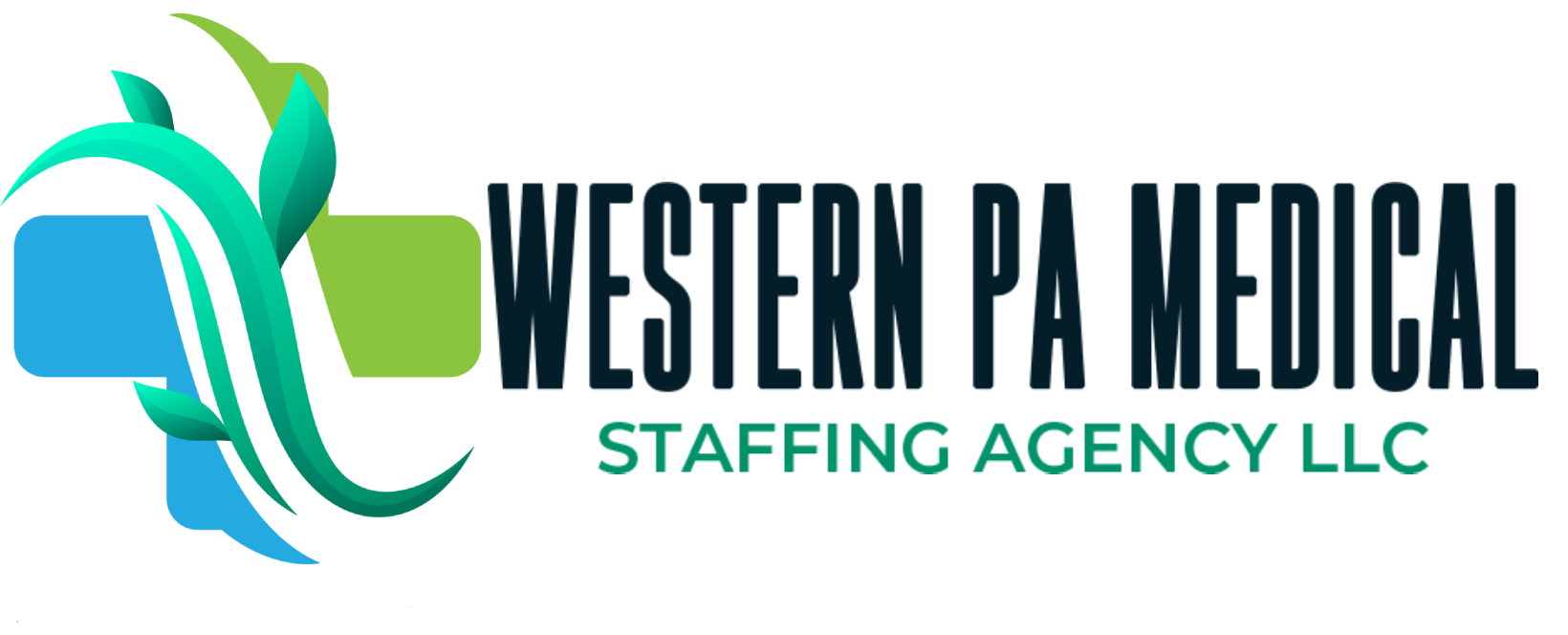
When you're preparing for a job interview, it's important to think about your strengths and weaknesses. This will help you answer questions about your qualifications and how you would fit into the role.
39 Strengths and Weaknesses to Discuss in a Job Interview
When you're preparing for a job interview, it's important to think about your strengths and weaknesses. This will help you answer questions about your qualifications and how you would fit into the role.

Strengths
Here are some strengths that you could discuss in a job interview:
Nursing skills: This could include your ability to assess patients, provide care, and communicate effectively.
Communication skills: This could include your ability to listen to patients, their families, and other healthcare professionals.
Empathy: This is the ability to understand and share the feelings of others.
Teamwork: This is the ability to work effectively with others to achieve a common goal.
Problem-solving skills: This is the ability to identify and solve problems.
Critical thinking skills: This is the ability to think clearly and make sound judgments.
Attention to detail: This is the ability to notice and correct errors.
Organizational skills: This is the ability to keep track of tasks and deadlines.
Time management skills: This is the ability to manage your time effectively.
Flexibility: This is the ability to adapt to change.
Resilience: This is the ability to bounce back from setbacks.
Positive attitude: This is the ability to maintain a positive outlook, even in difficult situations.

Weaknesses
It's also important to be honest about your weaknesses. This shows the interviewer that you're self-aware and that you're willing to work on your weaknesses.
Here are some weaknesses that you could discuss in a job interview:
Time management: If you tend to procrastinate, you could say that you're working on improving your time management skills.
Public speaking: If you're not comfortable speaking in front of groups, you could say that you're working on improving your public speaking skills.
Multitasking: If you have trouble juggling multiple tasks, you could say that you're working on improving your multitasking skills.
Technical skills: If you're not proficient in a particular software program, you could say that you're working on learning how to use it.
Stress management: If you tend to get stressed easily, you could say that you're working on developing coping mechanisms.
How to Discuss Your Strengths and Weaknesses
When you're discussing your strengths and weaknesses, it's important to be specific and to provide examples. For example, if you say that you're a good communicator, you could say that you're able to clearly explain complex medical terms to patients and their families.
You should also focus on your strengths and how they would benefit the role. For example, if you're a good team player, you could say that you're able to work effectively with others to provide high-quality patient care.
When you're discussing your weaknesses, it's important to be honest but also to focus on how you're working on improving them. For example, if you say that you have trouble speaking in front of groups, you could say that you're taking public speaking classes to improve your skills.

Conclusion
By discussing your strengths and weaknesses in a job interview, you can show the interviewer that you're a well-rounded candidate who is aware of your own strengths and weaknesses. This will help you make a great impression and increase your chances of getting the job.

